What treatment
10+ Highly Rated Umbilical Cord Stem Cell Therapy Clinics in South Korea
Reach Out to These Certified Umbilical Cord Stem Cell Therapy Clinics List in South Korea Loved by Patients!
Chaum Medical Center
Overview
Premium healthcare at Chaum Medical Center, Seoul. Personalized anti-aging, stem cell therapy, and advanced medical services for a youthful life.
Read more detailsYonsei BH Clinic
Overview
Yonsei BH Clinic offers advanced stem cell therapy in Seoul, South Korea, for erectile dysfunction, anti-aging, Parkinson disease, dementia, diabetes, and more.
Read more detailsAllheart plastic surgery
AllHeart Plastic Surgery in Gangnam specializes in advanced cosmetic procedures, offering expert care in a modern facility for natural and safe results.
Vega Stem Cell Clinic in Bangkok Thailand
Overview
Vega Clinic in Bangkok, Thailand, helps people feel better with special treatments. They use new ways to heal and make sure each person gets care made just for them.
Read more details
Discover your treatment options with a free, no-obligation quote!
Get your quote now!細胞グランドクリニック - 日本最高の幹細胞クリニック
Overview
Explore Cell Grand Clinic, the best stem cell clinic in Japan specializing in top regenerative therapies for anti-aging, chronic conditions, and wellness.
Read more details
Azabu Skin Clinic - Dermatology and Stem Cell Therapy in Japan
Overview
Azabu Skin Clinic in Tokyo offers advanced stem cell treatments, dermatology, and aesthetic care. Book your consultation today.
Read more details
GIOSTAR Hospital Bengaluru
Overview
Discover GIOSTAR Hospital in Bengaluru, India—your go-to center for advanced stem cell therapies and cutting-edge procedures for orthopaedics. Explore treatments for diabetes, stroke, SCI, and more.
Read more details
Dr. Ebenezer Abel Paul - Stem Cells in Malaysia
Overview
Explore Stem Cells in Malaysia with Dr. Ebenezer Abel Paul, offering cutting-edge regenerative therapies and advanced stem cell treatments.
Read more details
Discover your treatment options with a free, no-obligation quote!
Get your quote now!Dr. Pravin Patels Innovative Hospital & Research Center
Overview
Dr. Pravin Patel's Innovative Hospital provides best stem cell treatment in Gujarat, India. Also offers Ozone therapy, Quantum therapy , EBOO therapy, Frequency & Laser Therapy at affordable cost.
Read more details
FirstCell Malaysia
Overview
FirstCell specialize on cell-based medicine and treatments especially via MSC and NKC to enhance wellness and for targeted treatment modules. We are committed in delivering excellent treatment.
Read more details
Live Stem Cell Asia - Premier Stem Cell Clinic in Malaysia
Overview
Discover advanced stem cell Malaysia treatments at Live Stem Cell Asia, Petaling Jaya. Experience personalized care and innovative regenerative solutions.
Read more details
StemRx Hospital and Research Centre
Overview
At StemRx Hospital & Research Centre, We specialize in advanced Regenerative Medicine & Stem Cell therapy for Autism, Cerebral Palsy, Orthopedics, Migraine, AVN & IVF providing personalized care.
Read more details
Klinik Setia Gemilang
Overview
Klinik Setia Gemilang: Leading in stem cell therapy, orthopedic treatments, and anti -ageing solutions Malaysia . It is part of Setia Gemilang Medicare which houses a clinic and dentist
Read more detailsBeike Biotech
Overview
Beike Biotechnology offers the best stem cell therapy in Thailand, combining top-quality regenerative treatment with cutting-edge technology for optimal patient care.
Read more detailsBoston Health Longevity - Anti Aging Stem Cell Therapy in Thailand
Overview
Experience advanced Anti Aging Stem Cell Therapy in Thailand at Boston Health Longevity. Improve cellular health, vitality, and longevity with expert care.
Read more detailsHebei Yanda International Hospital
Overview
Hebei Yanda International Hospital in Beijing, China, addresses your healthcare needs with expert oncology, cardiology, and neurology treatments.
Read more detailsKrishna Institute of Medical Sciences (KIMS), Bengaluru
Overview
Krishna Institute of Medical Sciences (KIMS) Bengaluru is recognized as the best hospital in India, offering advanced multispecialty care and expert doctors.
Read more detailsMerkel Clinic
Overview
Merkel Clinic is a leading stem cell therapy center, specializing in innovative treatments for various medical conditions using cutting-edge regenerative medicine techniques.
Read more detailsMousai Wellness Center - Stem Cell Bangkok Thailand
Overview
Discover advanced Stem Cell treatments in Bangkok, Thailand at Mousai Wellness Center. Safe, innovative, and personalized care for lasting wellness.
Read more detailsNulook Anti-Aging & Regenerative Center
Overview
Nulook Anti-Aging & Regenerative Center in Bali, Indonesia offers Botox, Ultherapy, Dermal Fillers, Thermage, PRP, Pico Laser and more.
Read more detailsWhich are the best Umbilical Cord Stem Cell Therapy clinics in South Korea?
For Umbilical Cord Stem Cell Therapy in South Korea, top choices include clinics like Chaum Medical Center and Yonsei BH Clinic, both located in Seoul. Chaum is well-regarded for its personalized anti-aging and regenerative treatments, boasting excellent patient recommendations. Yonsei BH Clinic specializes in diverse stem cell applications for conditions such as erectile dysfunction, neurodegenerative disorders, and anti-aging, demonstrating a commitment to advanced regenerative solutions. Selecting the "best" clinic ultimately depends on your specific health requirements and treatment goals.
South Korea has emerged as a leading destination for advanced regenerative medicine, particularly Umbilical Cord Stem Cell Therapy. Many patients are drawn to the country's high standards of medical care, innovative treatment protocols, and specialized clinics. When considering the best options, it's crucial to look into clinics with established reputations and comprehensive offerings.
- Chaum Medical Center (Seoul): This facility is known for its high-end, personalized healthcare approach, blending anti-aging therapies with cutting-edge stem cell treatments. Patient testimonials frequently highlight exceptional care and positive outcomes, indicating strong patient satisfaction. They focus on holistic wellness and utilizing mesenchymal stem cells derived from umbilical cord blood for various regenerative purposes.
- Yonsei BH Clinic (Seoul): As another prominent institution, Yonsei BH Clinic provides a wide spectrum of advanced stem cell therapies. Their specializations extend to treating conditions such as erectile dysfunction, various neurological diseases like Parkinson's and dementia, and comprehensive anti-aging programs. They emphasize research-backed treatments and patient-tailored care plans.
What key factors should I consider when selecting a Umbilical Cord Stem Cell Therapy clinic?
When choosing an Umbilical Cord Stem Cell Therapy clinic, prioritize accreditation, the specialists' expertise, the specific type of stem cells used (e.g., mesenchymal stem cells from umbilical cord), and the clinic's track record with similar conditions. Patient testimonials, safety protocols, and follow-up care options are also vital to ensure comprehensive and secure treatment. Look for transparency in their practices and detailed consultations.
Selecting the right Umbilical Cord Stem Cell Therapy clinic involves a thorough evaluation of several crucial factors. This ensures you receive safe, effective, and ethical treatment tailored to your needs.
- Accreditation and Licensing: Verify that the clinic holds national and international accreditations relevant to stem cell therapy. These certifications ensure adherence to rigorous safety and quality standards.
- Specialist Expertise: Research the qualifications, experience, and specialization of the medical team, including regenerative medicine doctors and support staff. Their expertise in umbilical cord stem cell applications is paramount.
- Type of Stem Cells and Source: Confirm the clinic uses umbilical cord-derived mesenchymal stem cells (UC-MSCs) and that they are sourced and processed according to strict ethical and scientific guidelines.
- Clinic Reputation and Patient Outcomes: Look for independent patient reviews, success stories, and objective data on treatment outcomes. Clinics with high patient satisfaction and transparent results are generally more reliable.
- Treatment Protocols and Safety: Inquire about the clinic's specific treatment protocols, including dosage, administration methods, and comprehensive safety measures to minimize risks and ensure patient well-being.
- Post-Treatment Support: Understand the follow-up care, monitoring, and rehabilitation services offered to optimize recovery and track long-term results.
What conditions are typically treated by Umbilical Cord Stem Cell Therapy clinics in South Korea?
Umbilical Cord Stem Cell Therapy clinics in South Korea treat a broad spectrum of conditions, leveraging the regenerative and immunomodulatory properties of these cells. Common applications include autoimmune diseases (e.g., lupus), neurological disorders (e.g., Parkinson's, dementia), orthopedic conditions (e.g., osteoarthritis, rotator cuff tears), chronic inflammatory conditions, and anti-aging treatments. The therapy aims to repair damaged tissues and modulate immune responses.
Umbilical Cord Stem Cell Therapy is a versatile regenerative treatment utilized for a diverse range of medical conditions in South Korean clinics. The unique properties of mesenchymal stem cells (MSCs) from umbilical cord blood, such as their low immunogenicity and strong regenerative capabilities, make them suitable for various therapeutic applications.
- Neurological Disorders: Clinics offer treatments for conditions like Parkinson's disease, Alzheimer's disease, cerebral palsy, and spinal cord injuries, aiming to promote neural regeneration and reduce inflammation.
- Autoimmune Diseases: Conditions such as lupus, rheumatoid arthritis, and multiple sclerosis may be treated to modulate the immune system and reduce disease activity.
- Orthopedic Injuries and Degeneration: Patients with osteoarthritis, meniscus tears, and other joint-related issues often seek these therapies for tissue repair and pain reduction.
- Anti-Aging and Wellness: Beyond specific diseases, many individuals utilize Umbilical Cord Stem Cell Therapy for general rejuvenation, improved vitality, and enhancing overall cellular health.
- Chronic Organ Diseases: Some clinics explore applications for liver cirrhosis, lung diseases, and kidney conditions to support organ function and repair.
What patient experience can I expect at Umbilical Cord Stem Cell Therapy clinics in South Korea?
Patients at South Korean Umbilical Cord Stem Cell Therapy clinics typically experience a highly personalized and supportive journey, often starting with in-depth consultations, detailed diagnostics, and a customized treatment plan. The actual therapy usually involves intravenous infusions or local injections, characterized by minimal discomfort. Post-treatment, clinics provide thorough follow-up and monitoring to track progress and ensure patient comfort and recovery.
The patient experience at Umbilical Cord Stem Cell Therapy clinics in South Korea is generally designed to be holistic, efficient, and patient-centric, reflecting the country's advanced healthcare standards.
- Initial Consultation and Assessment: Your journey will begin with a comprehensive medical review, including detailed diagnostics, imaging, and lab tests. Specialists will discuss your medical history, current health status, and treatment goals.
- Personalized Treatment Plan: Based on the assessment, a tailored treatment protocol is developed. This plan outlines the type and dosage of umbilical cord stem cells, administration methods, and expected duration.
- Therapy Session: The actual therapy is typically straightforward. It often involves intravenous infusions, where stem cells are administered directly into the bloodstream, or localized injections for specific areas like joints. The procedure is usually outpatient and causes minimal discomfort.
- Comfort and Facilities: Clinics often feature modern, comfortable environments, with multilingual staff to assist international patients. This helps alleviate stress and ensures clear communication throughout your stay.
- Post-Treatment Care and Monitoring: After the procedure, patients receive detailed instructions for post-care. Regular follow-up appointments, either in person or remotely, are crucial for monitoring progress, managing any side effects, and optimizing long-term outcomes.
How do South Korean clinics ensure the safety and ethical use of Umbilical Cord Stem Cell Therapy?
South Korean clinics prioritize safety and ethics in Umbilical Cord Stem Cell Therapy by adhering to stringent national regulations and international guidelines. This includes careful donor screening, rigorous cell processing in certified labs, and meticulous patient selection based on established protocols. Clinics maintain transparency about treatment efficacy and potential risks, ensuring informed consent and continuous post-treatment monitoring to uphold patient well-being and ethical standards.
The commitment to patient safety and ethical practices is a cornerstone of Umbilical Cord Stem Cell Therapy in South Korea. Clinics operate under a strict framework to ensure that all procedures are conducted responsibly.
- Robust Regulatory Frameworks: South Korea has specific regulations governing stem cell research and clinical applications. These laws oversee everything from donor screening and cell procurement to processing and administration, ensuring high standards of quality and safety.
- Accredited Laboratories and Facilities: Umbilical cord stem cells are processed in highly specialized, accredited laboratories that follow Good Manufacturing Practices (GMP). This ensures the purity, potency, and safety of the cell products.
- Strict Donor Screening: Umbilical cord tissue donors undergo comprehensive medical evaluations and infectious disease screenings to minimize any risks of pathogen transmission.
- Individualized Treatment Plans: Patient eligibility is thoroughly assessed by a multidisciplinary team. Treatments are tailored to the individual, ensuring the therapy is appropriate for their specific condition and overall health.
- Informed Consent Process: Patients receive detailed information about the procedure, including potential benefits, risks, alternative treatments, and expected outcomes, allowing them to make fully informed decisions.
- Post-Treatment Surveillance: Clinics maintain comprehensive records and provide ongoing monitoring for patients, documenting outcomes and any potential long-term effects to ensure continued safety and optimize therapeutic benefits.
What specialized accreditations should a Umbilical Cord Stem Cell Therapy clinic in South Korea possess?
A reputable Umbilical Cord Stem Cell Therapy clinic in South Korea should ideally possess national certifications from the Ministry of Health and Welfare (MOHW) and potentially international accreditations such as Joint Commission International (JCI). These signify adherence to stringent medical standards, ethical practices, and quality patient care specific to regenerative medicine. Look for evidence of Good Manufacturing Practice (GMP) in their lab facilities.
When evaluating Umbilical Cord Stem Cell Therapy clinics in South Korea, certain accreditations indicate a commitment to excellence, safety, and ethical practice. These certifications provide a benchmark for quality and assure patients of reputable care.
- Ministry of Health and Welfare (MOHW) Certification: This is a fundamental national accreditation for healthcare facilities in South Korea. For stem cell therapy, it signifies that the clinic adheres to domestic medical laws and standards for regenerative medicine.
- Good Manufacturing Practice (GMP) Certification: Essential for any facility involved in processing human cells or tissues. GMP ensures that stem cells are consistently produced and controlled according to quality standards appropriate to their intended use. This relates directly to the laboratory where umbilical cord cells are prepared.
- Joint Commission International (JCI) Accreditation: While not specific to stem cell therapy, JCI is a globally recognized healthcare accreditation that indicates a facility meets stringent international standards for patient safety and quality of care. Many leading South Korean hospitals, including those offering stem cell therapies, pursue JCI accreditation.
- ISO Certifications: Specific ISO standards related to quality management (ISO 9001) or medical devices (ISO 13485) can further demonstrate a clinic’s commitment to quality processes in their overall operations and specific medical procedures.
How important is the clinic's research and development in Umbilical Cord Stem Cell Therapy?
A clinic's engagement in research and development is very important for Umbilical Cord Stem Cell Therapy, as it signifies a commitment to advancing regenerative medicine. Active R&D ensures access to the latest scientific breakthroughs, innovative treatment protocols, and refined techniques, leading to potentially more effective and safer therapies. It demonstrates a clinic's dedication to staying at the forefront of the evolving field of stem cell science.
A clinic's active involvement in research and development (R&D) plays a significant role in the quality and efficacy of the Umbilical Cord Stem Cell Therapy it provides. This commitment reflects a clinic that is forward-thinking and dedicated to continuous improvement.
- Access to Latest Advancements: Clinics with strong R&D programs are often pioneers in adopting and developing new methods for stem cell isolation, expansion, and delivery. This means patients benefit from therapies that are at the cutting edge of scientific discovery.
- Optimized Protocols: Research enables clinics to refine existing treatment protocols, making them more effective and safer based on ongoing scientific evidence and clinical trial results. They can better understand which cell types and dosages are most beneficial for specific conditions.
- Specialized Expertise: A research-active environment attracts highly skilled scientists and medical professionals who are deeply knowledgeable about regenerative medicine. This translates into a more informed and capable clinical team delivering patient care.
- Contribution to the Field: Clinics contributing to R&D not only improve their own practices but also advance the broader field of umbilical cord stem cell therapy, potentially leading to new treatments for a wider array of conditions.
What post-treatment care and monitoring are offered by South Korean stem cell clinics?
South Korean stem cell clinics typically offer comprehensive post-treatment care, including personalized rehabilitation plans, regular follow-up appointments (both in-person and remote for international patients), and continuous monitoring of patient progress through diagnostic tests. This ensures optimal recovery, tracks the long-term efficacy of the Umbilical Cord Stem Cell Therapy, and allows for prompt intervention if needed, prioritizing patient well-being beyond the initial treatment.
The success of Umbilical Cord Stem Cell Therapy extends beyond the procedure itself; effective post-treatment care and monitoring are crucial for optimal outcomes. South Korean clinics excel in providing structured and continuous support for their patients.
- Personalized Rehabilitation Programs: Depending on the treated condition, patients often receive tailored physical therapy, occupational therapy, or other rehabilitative services to maximize functional recovery and integrate the regenerative effects of the stem cells.
- Regular Follow-up Appointments: Clinics schedule follow-up visits at predetermined intervals (e.g., 1 month, 3 months, 6 months, 1 year post-treatment). For international patients, these can often be conducted via teleconsultations or with partner clinics in their home country.
- Diagnostic Monitoring: Progress is meticulously tracked using various diagnostic tools, including blood tests, imaging (MRI, X-ray), and functional assessments to objectively measure improvement and detect any potential issues early.
- Nutritional and Lifestyle Guidance: Many clinics provide advice on diet, supplements, and lifestyle modifications that can support the regenerative process and enhance overall health.
- Dedicated Patient Coordinators: International patients often benefit from dedicated coordinators who assist with scheduling, communication, and logistical aspects of their follow-up care.
What qualifications should a Umbilical Cord Stem Cell Therapy specialist in South Korea possess?
A Umbilical Cord Stem Cell Therapy specialist in South Korea should hold advanced medical degrees, specialized training in regenerative medicine, and extensive experience in stem cell applications. Look for certifications from recognized medical boards, affiliations with university hospitals or research institutions, and a history of successful patient outcomes. Expertise in specific conditions treated with umbilical cord cells is also highly desirable for tailored and effective care.
The expertise of the medical professionals performing Umbilical Cord Stem Cell Therapy is a critical component of successful treatment. In South Korea, specialists in this field typically possess a strong academic and practical background.
- Medical Degree and Licensure: All specialists must hold a valid medical doctor (MD) degree and be licensed to practice medicine in South Korea.
- Specialization in Relevant Fields: Often, stem cell therapists will have primary specializations in fields directly relevant to the conditions they treat, such as:
- Neurology for neurological disorders.
- Orthopedics for joint and musculoskeletal conditions.
- Immunology for autoimmune diseases.
- Internal Medicine for chronic systemic conditions.
- Advanced Training in Regenerative Medicine: Beyond primary specialization, specific training, fellowships, or certifications in regenerative medicine, cell therapy, or bio-medicine are essential. This ensures they are proficient in the latest stem cell science and techniques.
- Clinical Experience: Extensive practical experience in administering umbilical cord stem cell therapies and managing patients throughout the treatment journey is crucial for effective and safe procedures.
- Research Involvement: Specialists who are actively involved in research and clinical trials demonstrate a commitment to advancing the field and staying updated with emerging evidence-based practices.
How accessible are Umbilical Cord Stem Cell Therapy clinics for international patients in South Korea?
South Korean Umbilical Cord Stem Cell Therapy clinics are highly accessible to international patients, with many offering dedicated services such as multilingual staff, international patient departments, and assistance with travel logistics like visas and accommodation. Many clinics, particularly in major cities like Seoul, are experienced in catering to global patients, streamlining the entire medical tourism process from initial inquiry to post-treatment follow-up, ensuring a comfortable experience.
South Korea has made significant strides in becoming a global hub for medical tourism, and its Umbilical Cord Stem Cell Therapy clinics are particularly welcoming and accessible to patients from around the world.
- International Patient Departments: Many leading clinics and hospitals have specialized international patient centers with staff fluent in English and other major languages, facilitating seamless communication.
- Assistance with Logistics: These departments often help with travel arrangements, including visa application support, airport transfers, accommodation bookings, and local transportation, easing the burden on patients traveling from abroad.
- Teleconsultations: Initial consultations and some follow-up appointments can often be conducted remotely, allowing international patients to receive expert medical advice without needing to travel immediately.
- Cultural Sensitivity: Clinics are generally attuned to the needs and preferences of diverse international patients, offering culturally sensitive care and ensuring comfort during their stay.
- Streamlined Processes: The entire patient journey, from inquiry to treatment and aftercare, is typically streamlined and well-organized, making it easier for foreign patients to navigate the healthcare system.
What makes South Korean clinics a preferred choice for Umbilical Cord Stem Cell Therapy?
South Korean clinics are preferred for Umbilical Cord Stem Cell Therapy due to their advanced medical technology, strict regulatory oversight ensuring high safety standards, and leading research and development in regenerative medicine. They offer highly specialized treatment protocols, experienced medical teams, and a patient-centric approach with robust international patient services, making them a top choice for those seeking cutting-edge stem cell therapies globally.
South Korea has established itself as a frontrunner in the field of regenerative medicine, attracting patients globally for Umbilical Cord Stem Cell Therapy due to several compelling reasons:
- Cutting-Edge Technology: South Korean clinics invest heavily in the latest medical equipment and sophisticated laboratory facilities. This allows for precise cell processing, quality control, and advanced administration techniques for stem cell therapies.
- Strict Regulatory Environment: The government's Ministry of Health and Welfare imposes rigorous regulations on stem cell research and clinical application, ensuring high standards of safety, efficacy, and ethical practice.
- Leading Research & Development: South Korea is at the forefront of stem cell research, with many clinics actively involved in clinical trials and scientific breakthroughs. This means patients often have access to the newest and most innovative treatment protocols.
- Highly Skilled Medical Professionals: Specialists in South Korea are extensively trained and experienced in regenerative medicine, often having international exposure and contributing to global knowledge in the field.
- Patient-Centric Care: Clinics prioritize comprehensive patient care, offering personalized treatment plans, thorough follow-up, and attentive support staff, particularly for international patients.
- Integrated Healthcare System: The overall efficiency and quality of South Korea's healthcare system contribute to a smooth and reliable medical tourism experience.












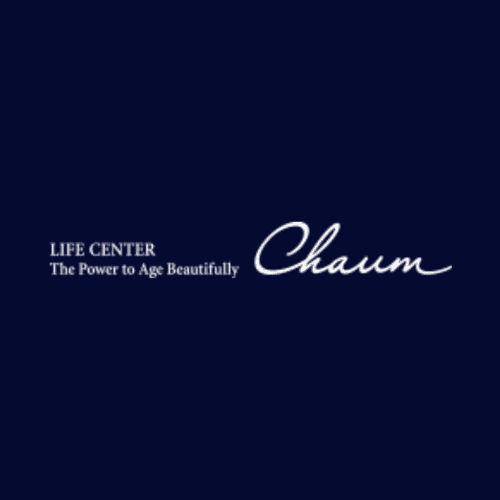
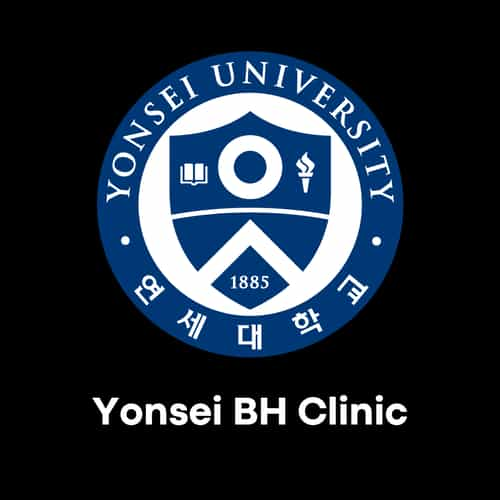
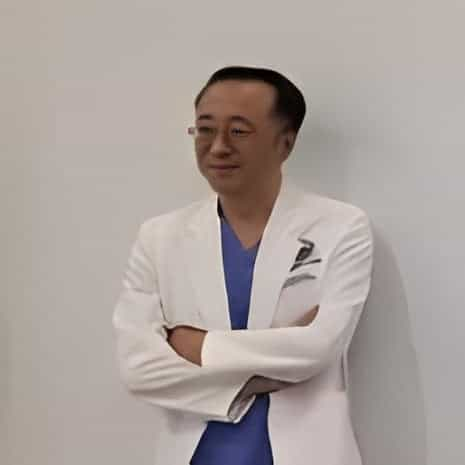
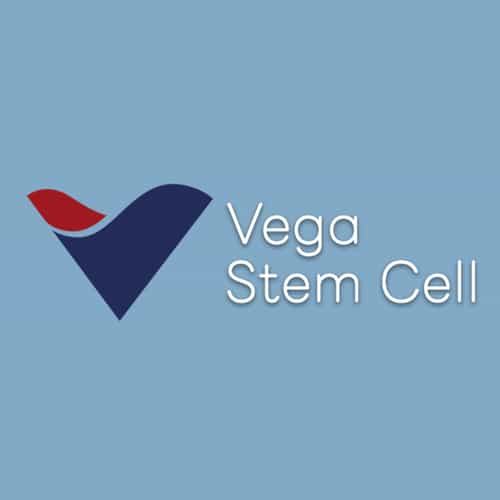
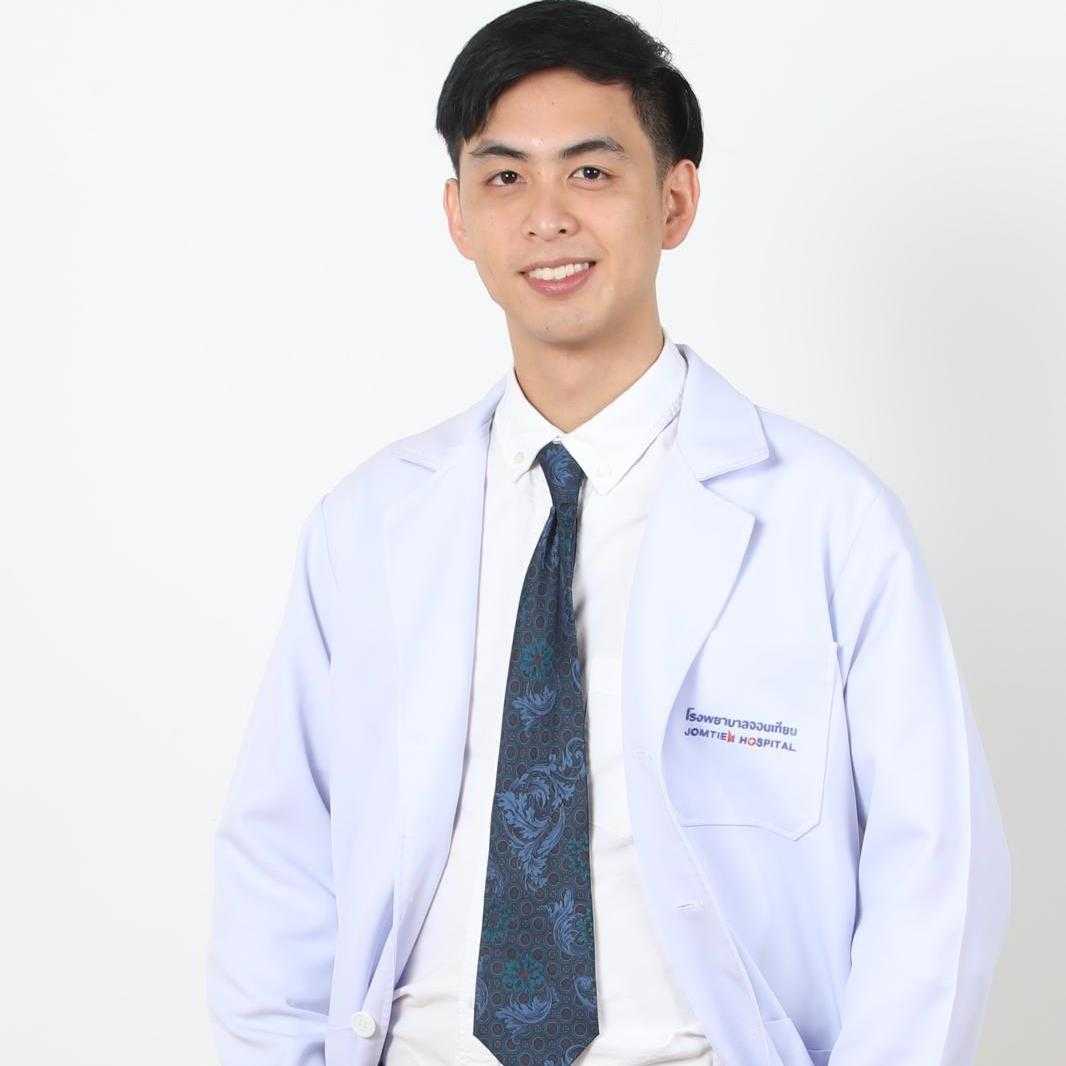
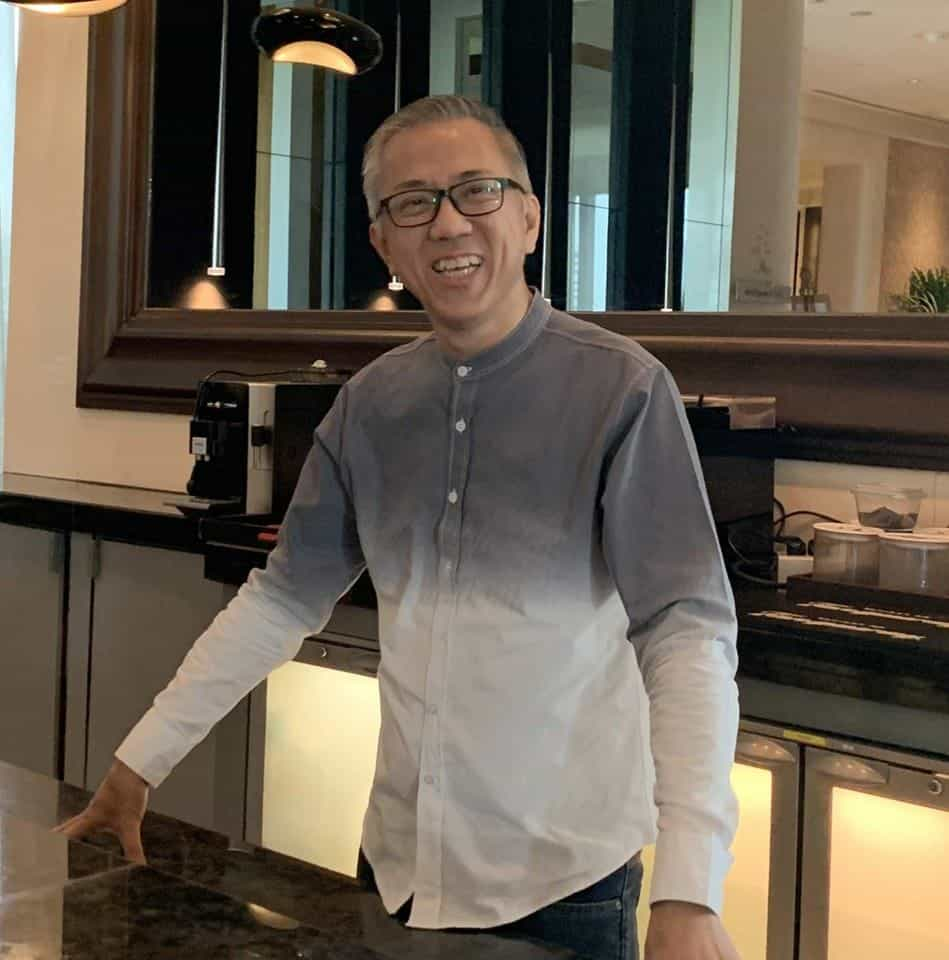
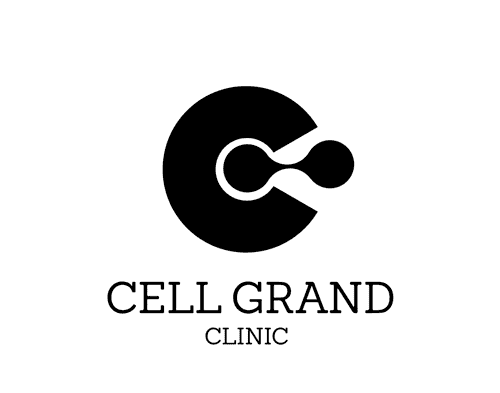
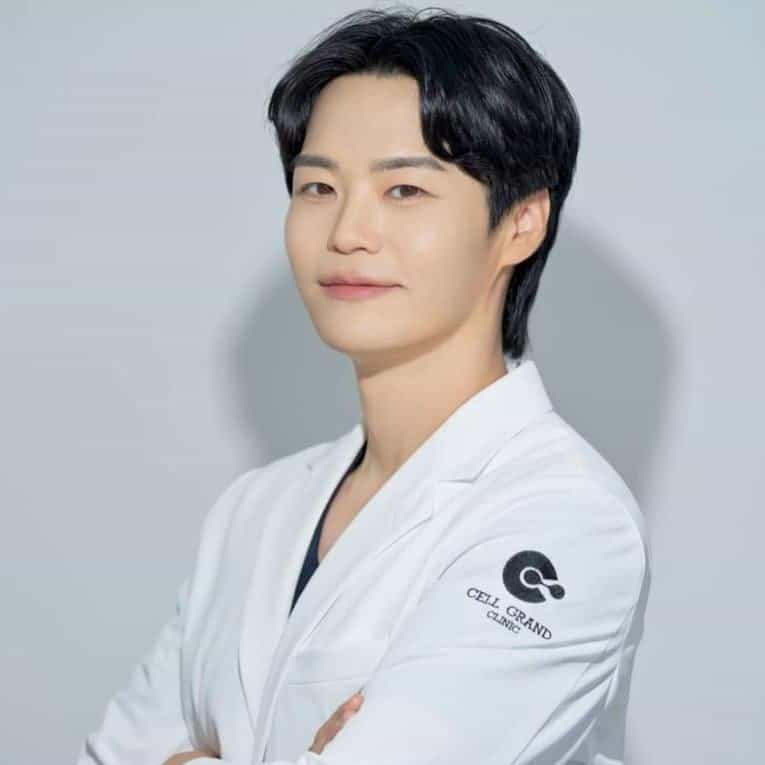
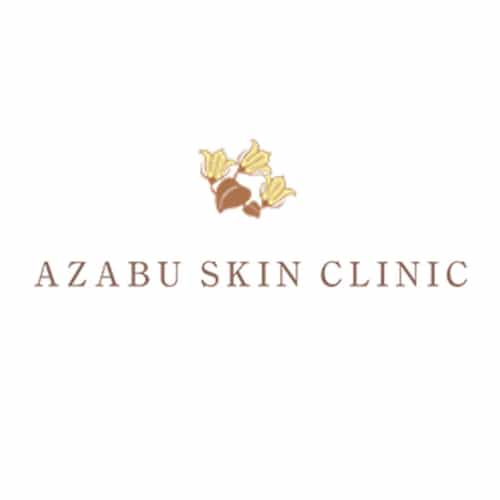
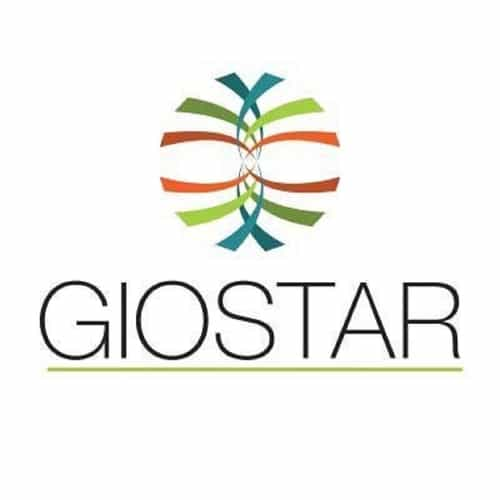

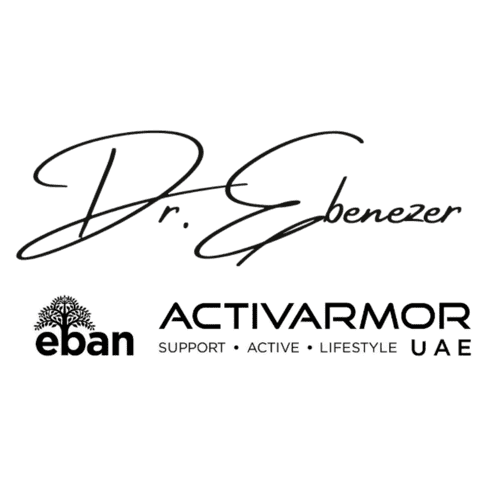
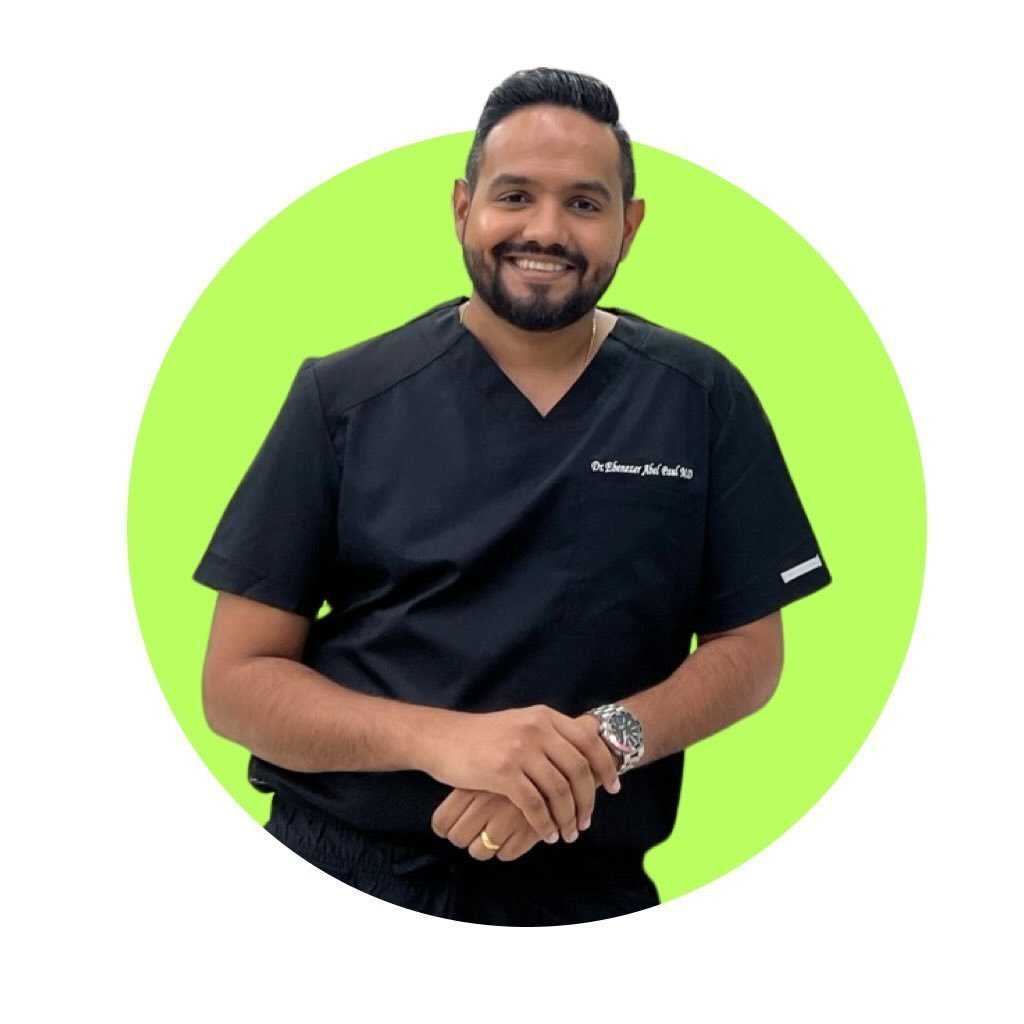
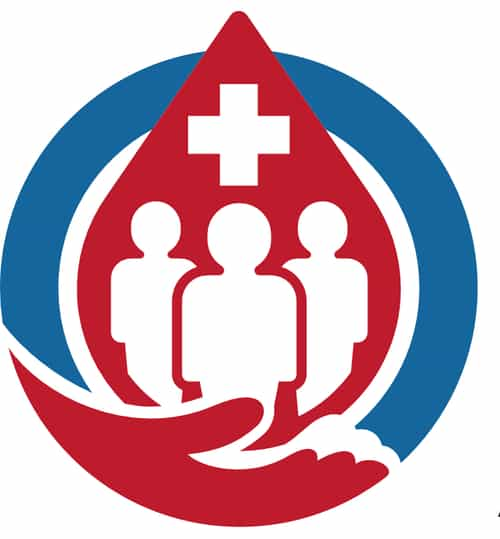
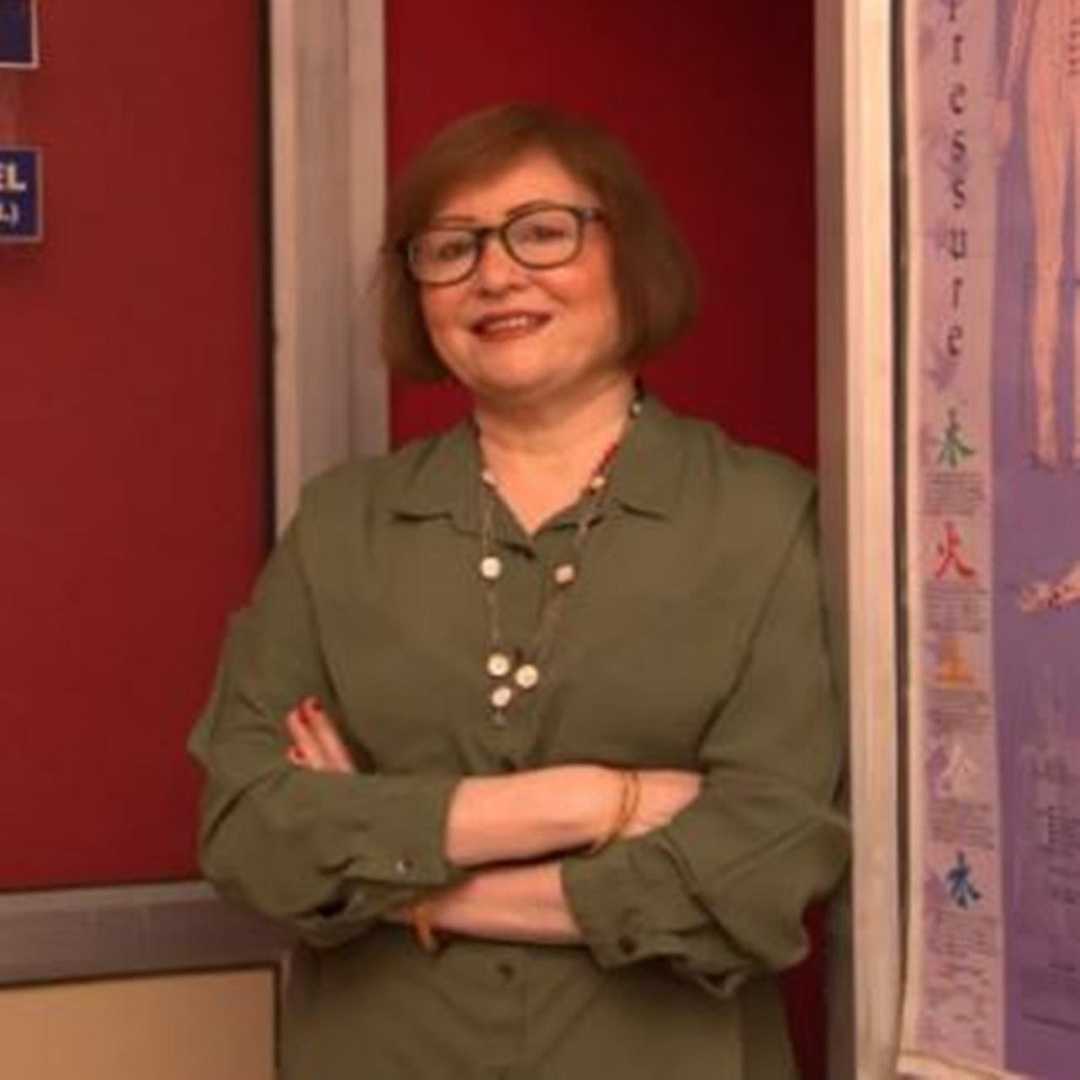
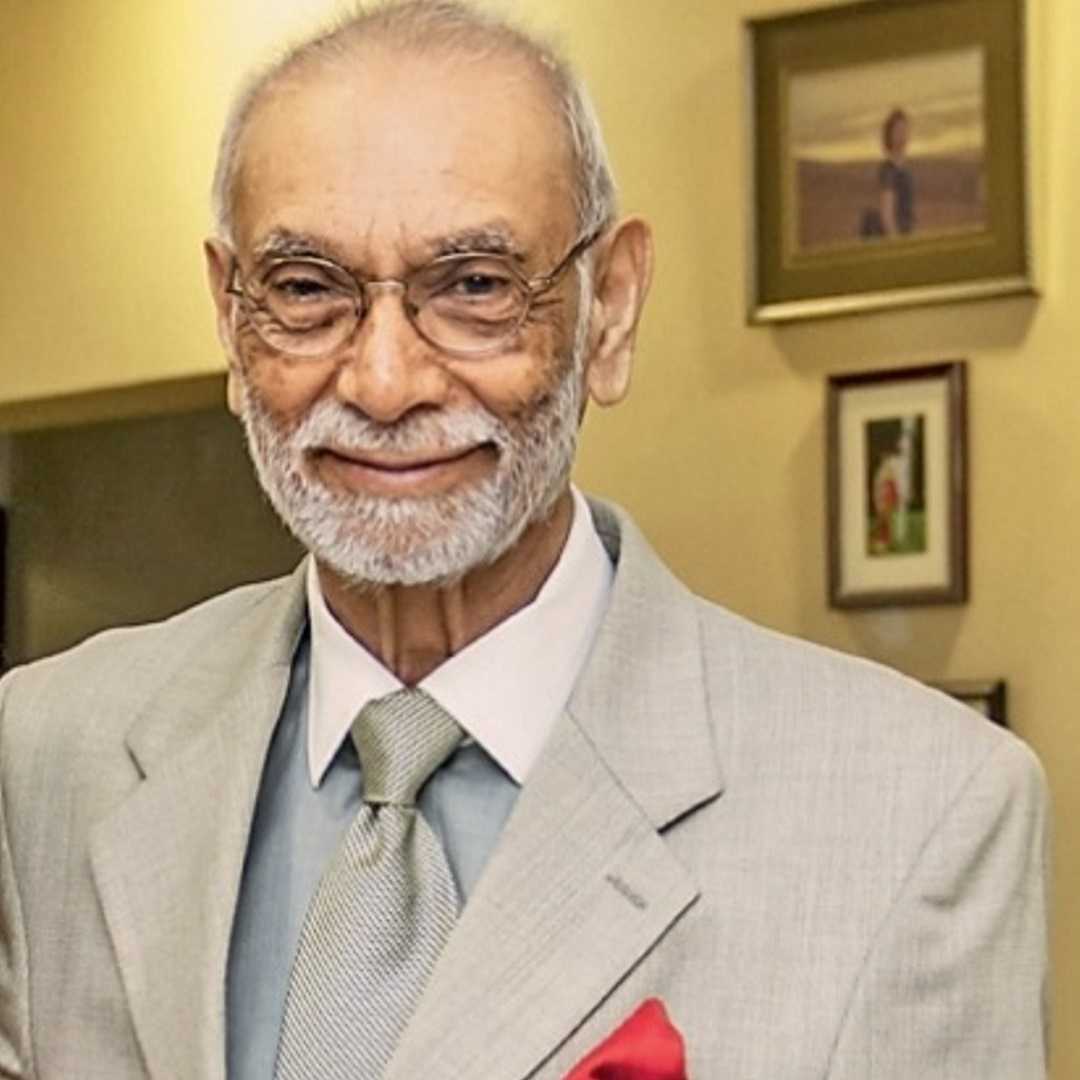
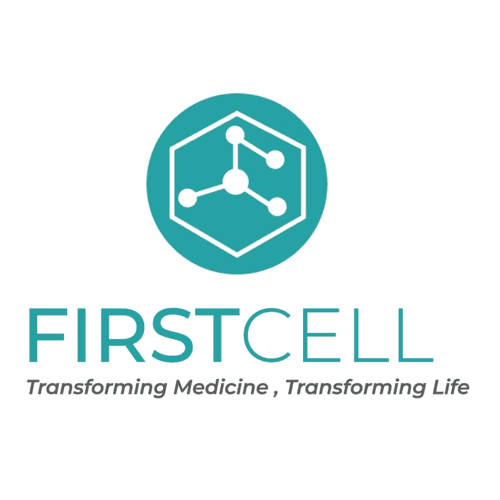
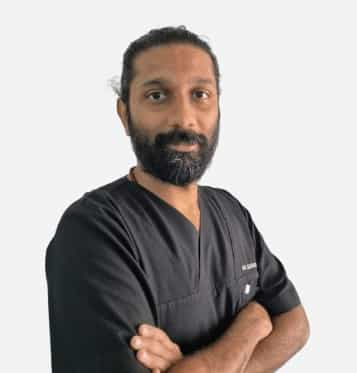
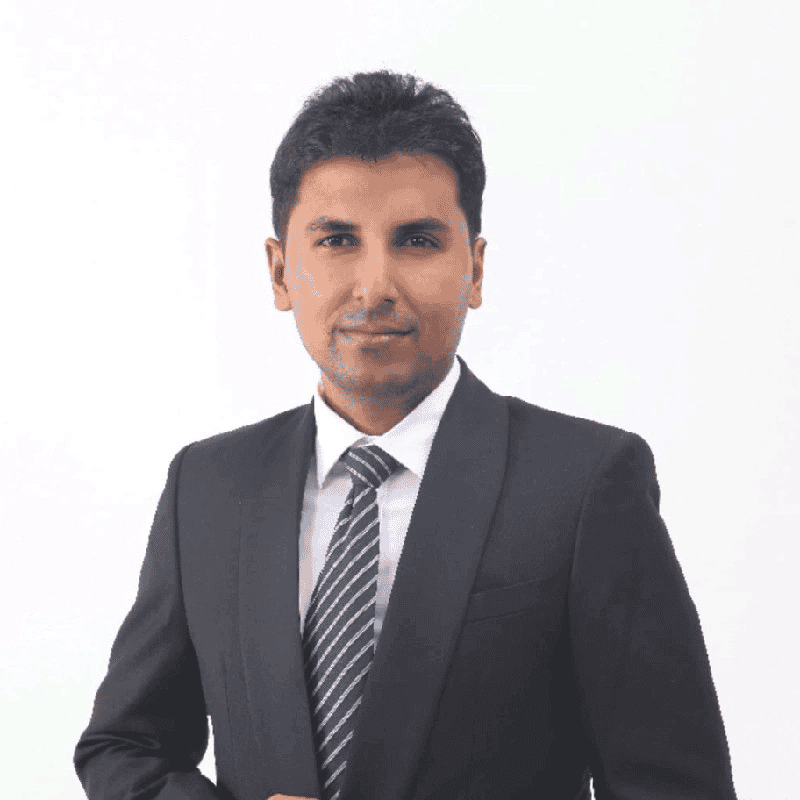
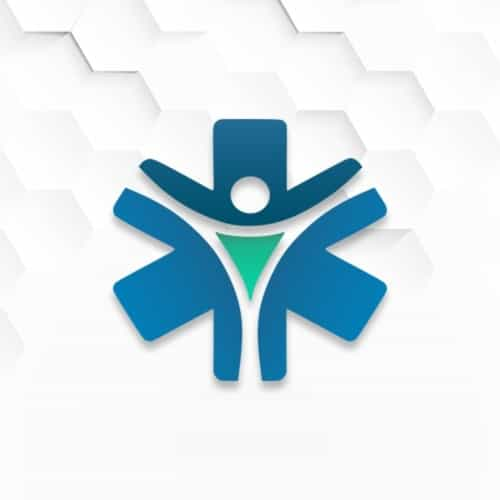
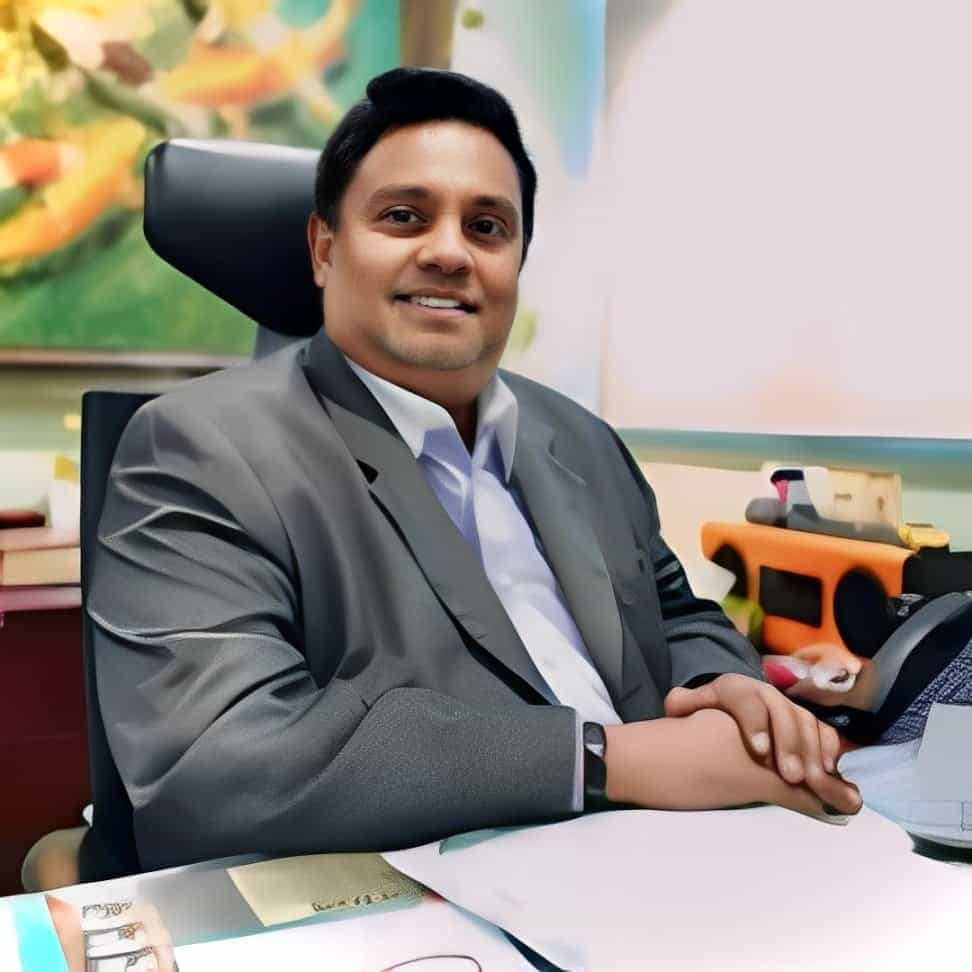
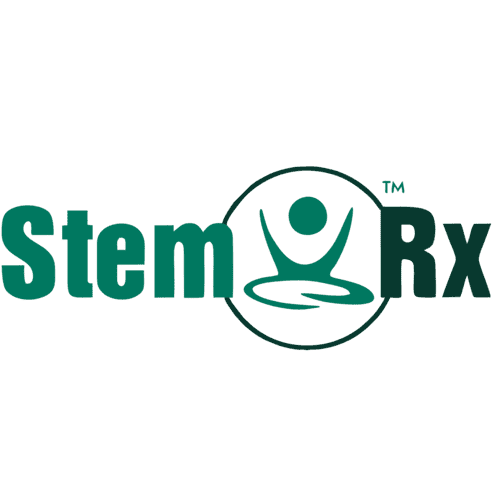
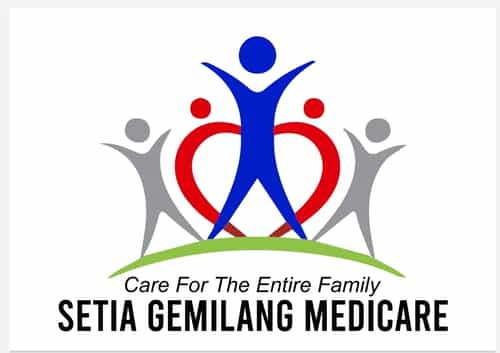
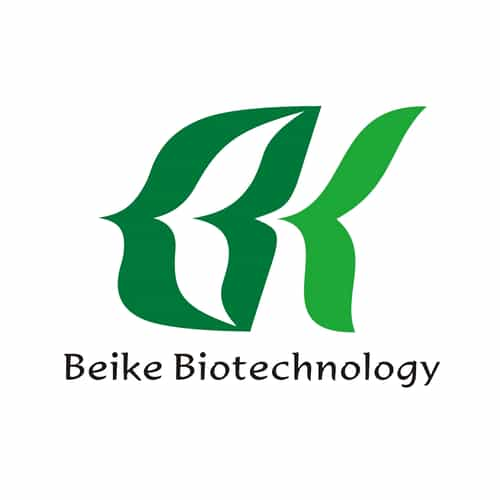
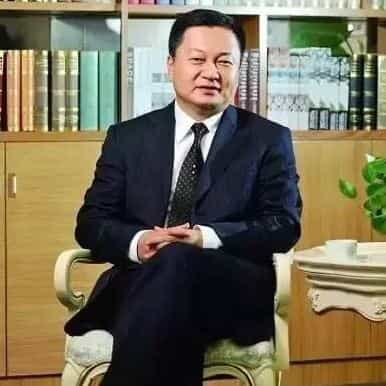
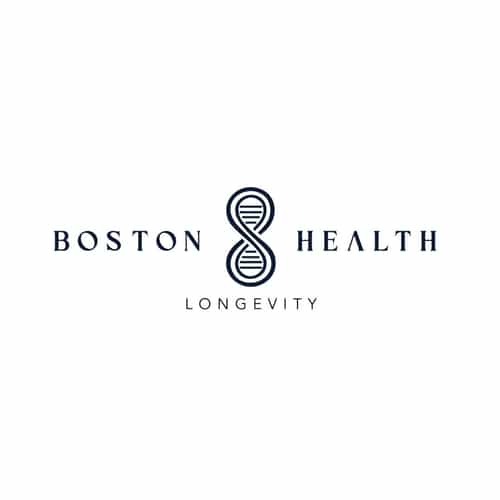
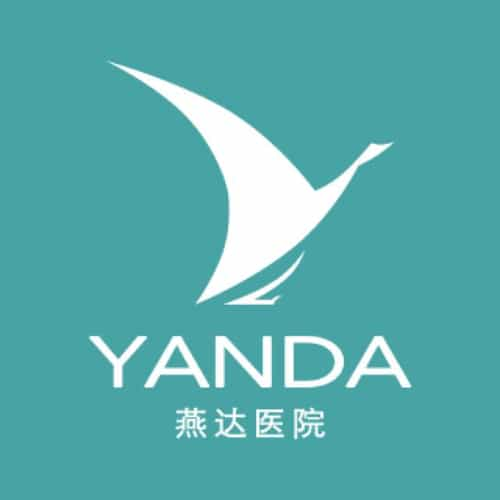
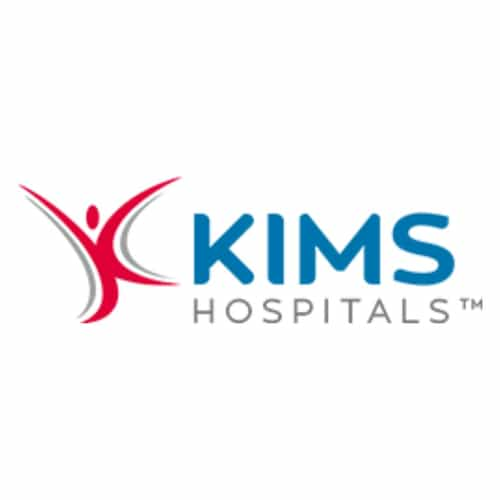
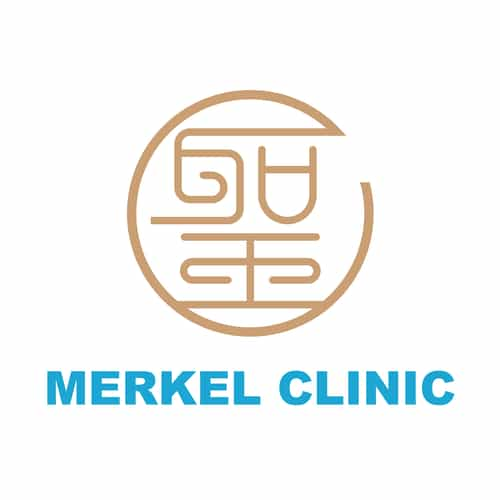
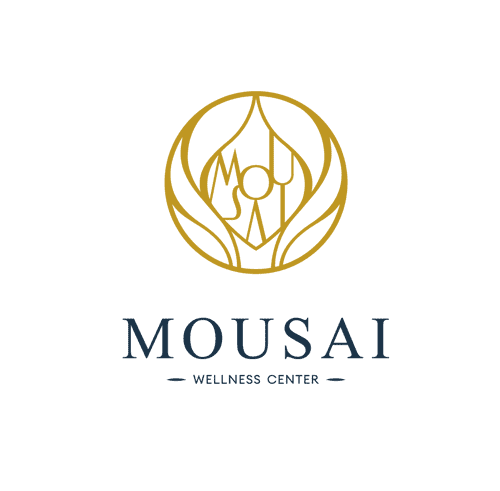
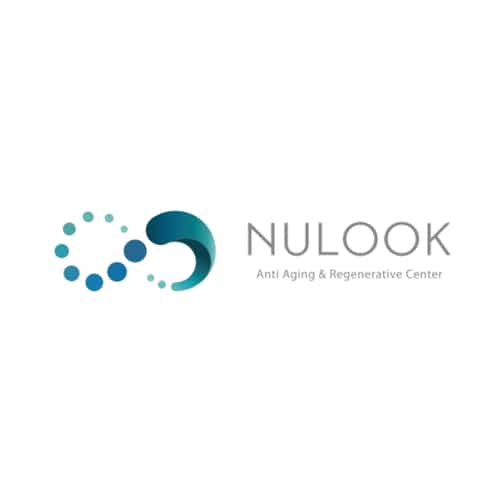



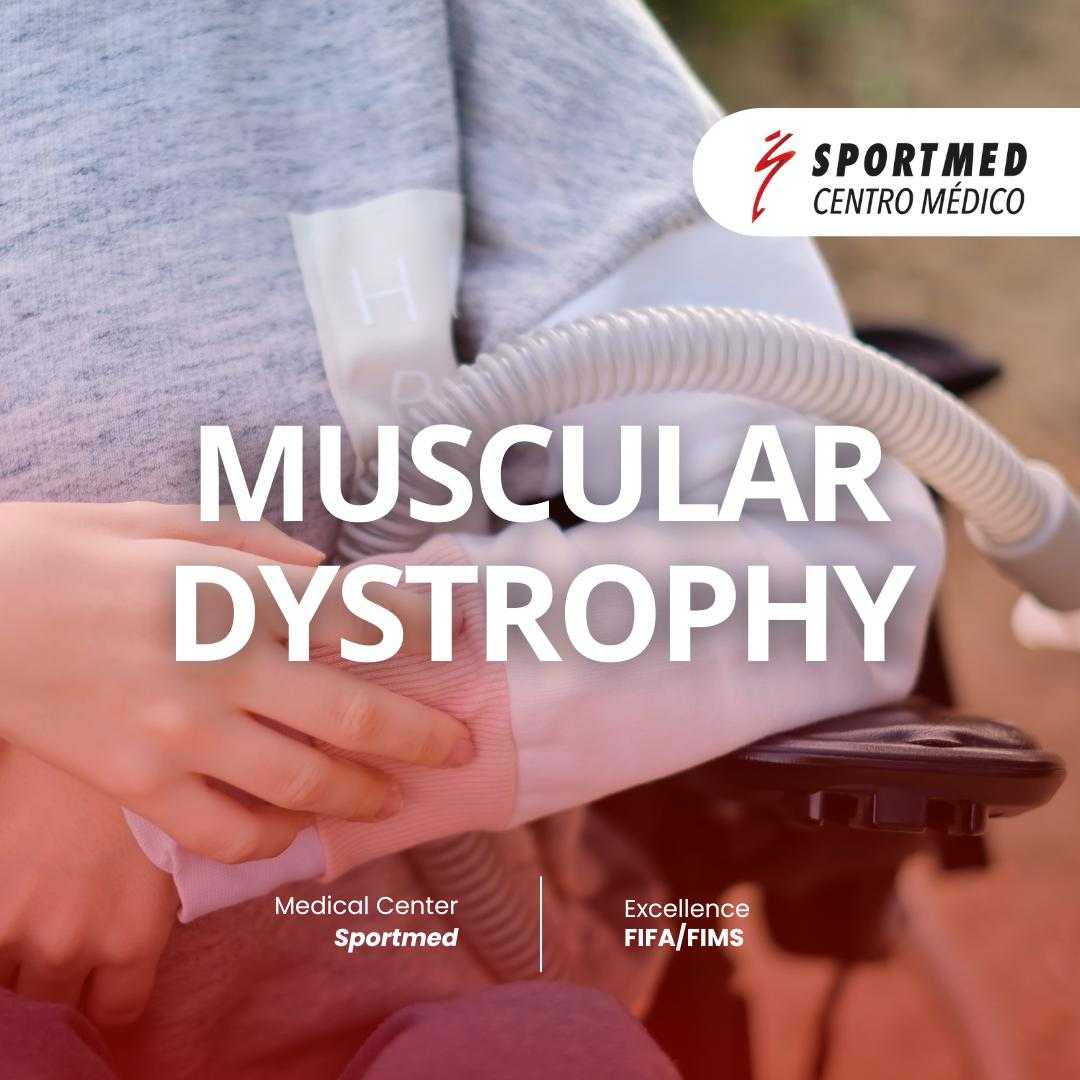
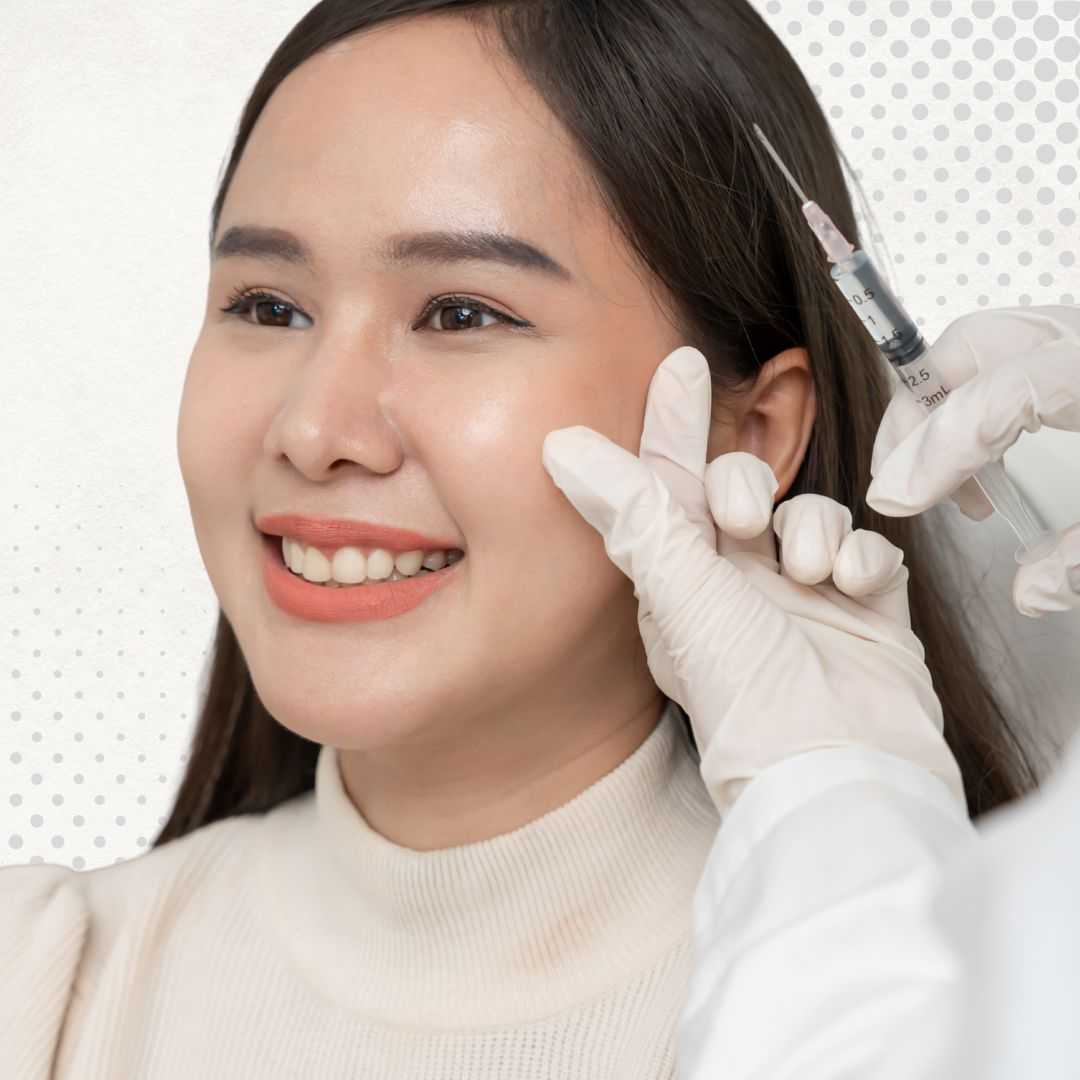

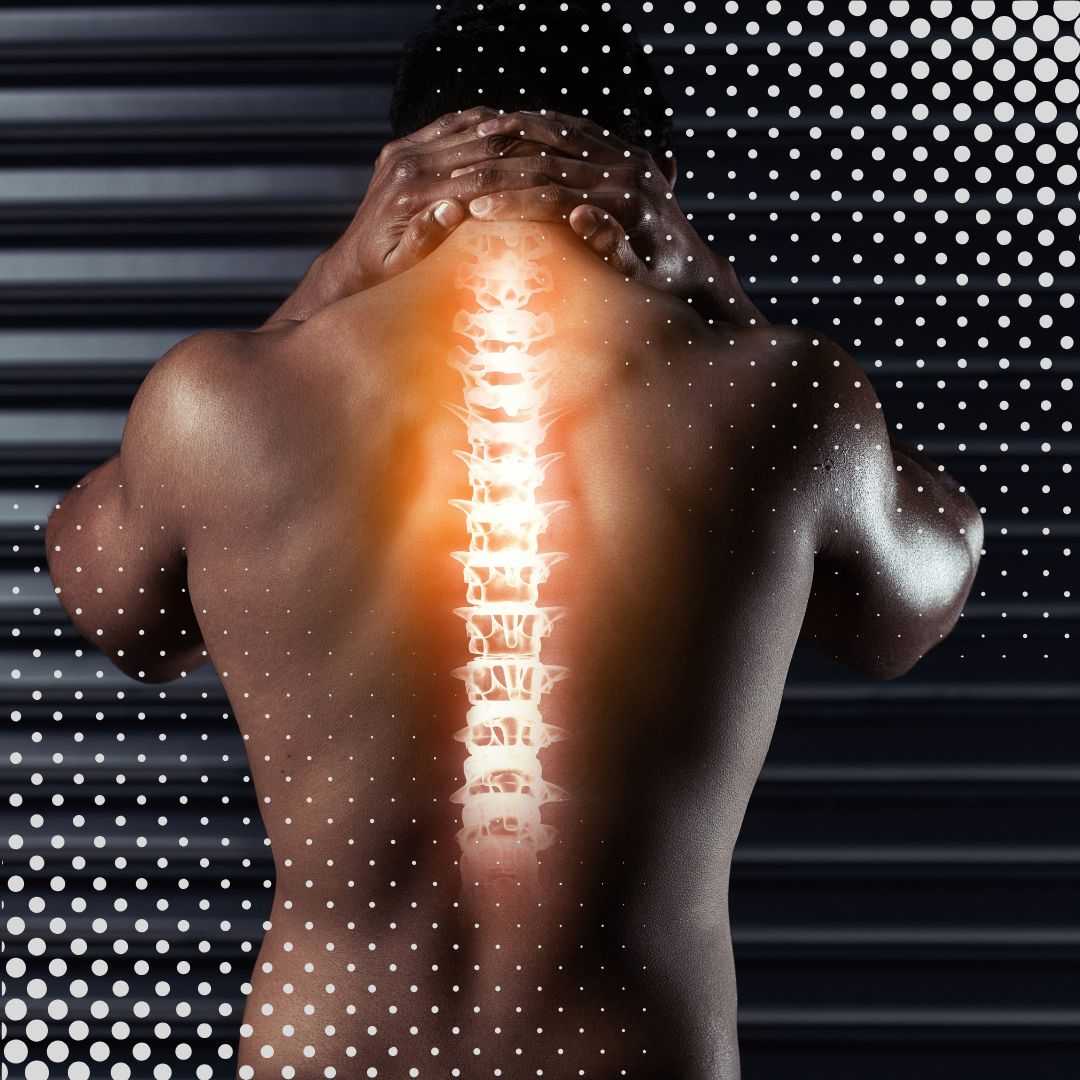


Hospital attended by rich people in Cheongdam-dong, Gangnam
Read More